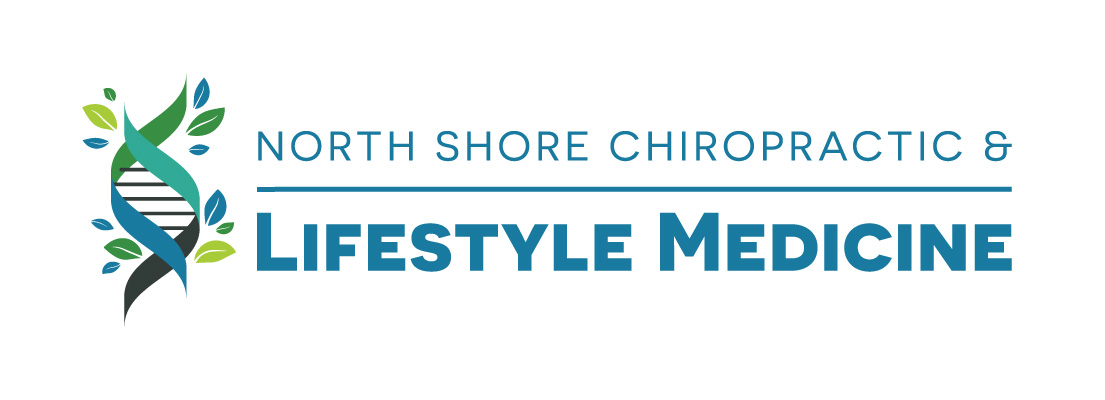Were you diagnosed with pre diabetes?
Heart disease is the major cause of mortality in the United States. The rate of heart disease is twofold higher in adults with diabetes compared to those without diabetes, according to the internet publication,” Diabetes in America” by the National Institute of Diabetes and Digestive and Kidney Diseases. Historically, type 2 diabetes was known as adult-onset diabetes. Sadly, the change was due to children in their early teens and even younger are now contracting this disease.
There are two laboratory tests that are used to detect and follow the course of type 2 diabetes. Fasting blood sugar(glucose) and Hemoglobin A1C. Both tests are under fasting conditions. Fasting blood glucose is the amount of sugar you have in your blood at the time of the test. Hemoglobin A1C is an average of how you handled blood sugar over the past 120 days (about 4 months). Insulin is the hormone that is used by the body to move glucose from the blood into the body’s tissues. Serum insulin is the amount of insulin in the blood at the time of the test, unfortunately it is never tested.
The diagnosis of prediabetes is made when there is an elevated hemoglobin A1C and usually accompanies an elevated blood glucose. It is important to know how much insulin is in the blood to compare it with the blood glucose and hemoglobin A1C.
Prediabetes in medical terms is insulin resistance. This means that insulin is not as effective in removing sugar from the blood. If insulin is not part of the panel of tests for diabetes, proper evaluation and following the course of diabetes is not as accurate as it could be. How can a diagnosis of prediabetes/ insulin resistance be made without testing insulin?
As hemoglobin A1C and blood glucose increase how much insulin is there in the blood? By comparing these 3 test results, an accurate evaluation and understanding of blood sugar metabolism can be made.
If these 3 laboratory tests are steadily increasing there must be changes in lifestyle to stop the progression of this disease. The cause of type 2 diabetes is lack of exercise or movement, poor diet, and other lifestyle factors. There are a number of genetic markers for type 2 diabetes. But in order that these genetic markers to be activated there must be a poor lifestyle. Genetic markers are not fatalistic in that if you have a particular genetic marker, you will get the disease. At best you can say that there is a predisposition but not definite.
I would ask your healthcare provider to include serum insulin in your laboratory tests. It is the only straightforward way to follow how your body is handling blood sugar.
